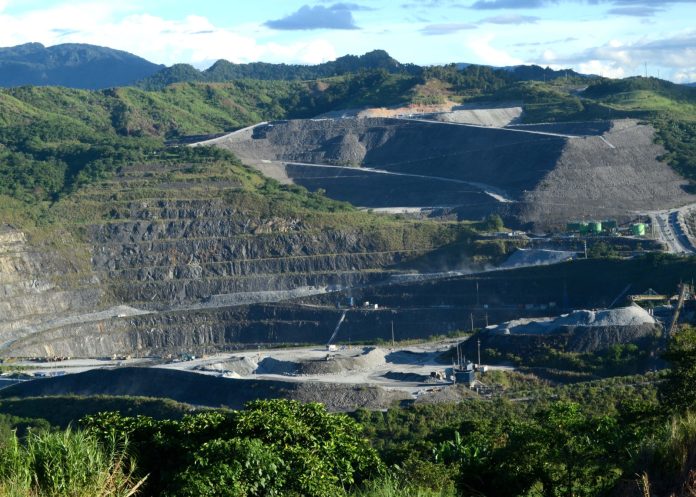Human rights and environmental activists in the Philippines joined groups in five other countries — Australia, Canada, Aotearoa New Zealand, the United States, and El Salvador — in calling their governments “to halt [OceanaGold’s] plans to expand its mine.”
The groups said in a statement that they have gathered documents from affected communities and conducted detailed studies of the corporation to make an urgent appeal to governments to halt the company’s expansion.
“We do so in the name of present and future generations and the well-being of our earth and its precious waters,” they said in a statement released on March 1.
They said the documents and studies “present a damning case of widespread human rights and environmental abuse, as well as threats to endangered species, conservation lands, watersheds, and indigenous communities.”
“We feel it is vital for the governments and peoples of all six countries to see the record of OceanaGold’s irresponsibility and abuses across our countries,” added the statement.
In the Philippines, the Commission of Human Rights has found OceanaGold Philippines Inc. (OGPI) as having abused the rights of the local communities in its mining operations in Didipio, Kasibu, Nueva Vizcaya province.
“The fact-finding mission of the CHR in 2011 even recommended the revocation of their mining contract,” said Jaybee Garganera, national coordinator of Alyansa Tigil Mina.
In April 2020, members of local communities set up a blockade in Didipio to stop the company from further operating after the mining permit of OGPI expired the year before.
Eduardo Ananayo of Didipio Earth Savers Multi-purpose Association, Inc. also said the renewal of OGPI’s permit “can only be considered illegal, especially because it poses a danger to our farmlands, our livelihoods and our very survival.”
“There is a risk that the ponds of OGPI, which contain toxins, will overflow during typhoons,” he said.
The 37,000-hectare Didipio gold and copper mine (limited to 10,266 hectares, or 25,368 acres, in 2018) straddles the border between the provinces of Nueva Vizcaya and Quirino.
It was covered under a mining permit known as a Financial and Technical Assistance Agreement (FTAA). Such agreements are valid for 25 years, with a possibility for renewal for another 25 years.
In the case of Didipio, the initial validity expired on June 20, 2019, making OceanaGold’s mining permit the first to expire under the Philippines’ Mining Act of 1995.
Governor Carlos Padilla of Nueva Vizcaya said the local government remains firm in its call for OGPI “to shut down its operation in Didipio.”
“We also strongly oppose any expansion of its mining operations,” said the governor.









